One day, while scrolling through social media, I stumbled upon a video showing how chickens are kept in poultry farms. It hit me hard. I’ve always loved eggs—scrambled, omelettes, you name it. But after watching that, something shifted.
Curious (and honestly disturbed), I dove into Google rabbit holes, learning more about factory farming and its environmental impact. The more I read, the more I felt I couldn’t ignore it anymore.
I wanted to make a change—and fast. I looked up online communities, joined a few forums, and without much thought, decided to go vegan overnight.
Big mistake.
I had no idea what I was doing. I didn’t know what to eat, where to get essential nutrients, or how to replace my usual comfort foods. And vegan food? I did not know that it’s that expensive. On top of that, I quickly realised that veganism isn’t just about what you eat—it’s a full-on lifestyle shift. My social life took a hit, and I faced challenge after challenge.
But I stuck with it. And today, I’m an unapologetic vegan.
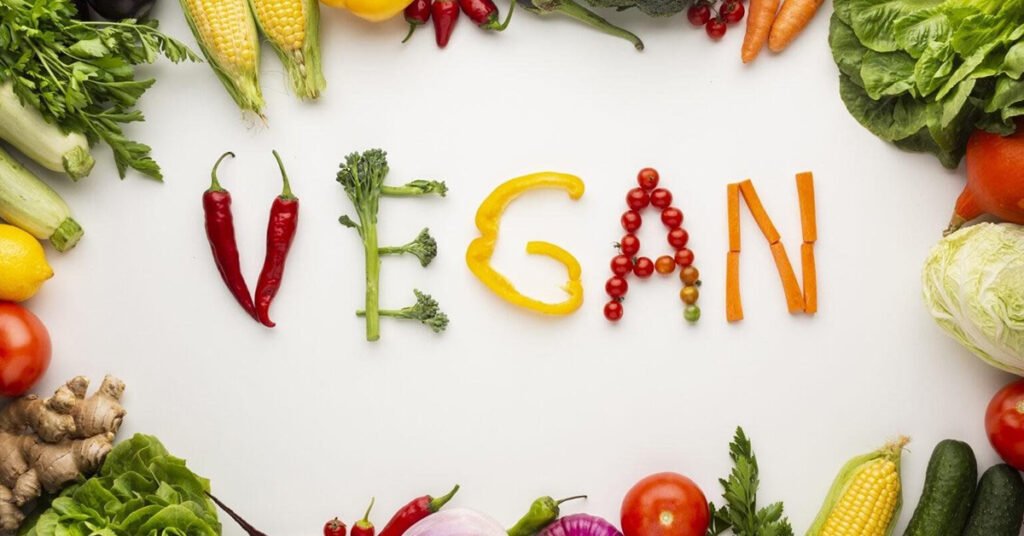
In this blog, I’m sharing how I navigated this journey—the good, the tough, and the eye-opening. From nutrient struggles to emotional breakthroughs, from awkward dinner parties to deeper self-awareness and personality change, here’s how going vegan changed more than just my diet—and why it might just change yours too.
The Dark Side of Veganism—Nutrient Deficiencies
Let’s start with the first thing that really hit me: nutrient deficiencies.
No one really tells you how tricky it can be to meet your body’s needs on a vegan diet. I didn’t realise how much I relied on dairy, meat, and eggs—not just for protein, but also as the main natural source of vitamin B12. Within a few weeks, my energy dropped. I felt foggy and tired, and my hair started falling out. That’s when I realised I was becoming deficient in B12.
Then came the iron issue. Plant-based (non-heme) iron just doesn’t absorb as well as the kind from animal products. I started looking weak and run-down, and people noticed. Hearing things like, “You look tired,” “Are you eating enough?” or my personal favorite, “Are you going through something?” really hit me. It made me pause and rethink what I might be doing wrong.
That’s when I discovered something important: while a plant-based diet has lots of benefits—lighter digestion, lower inflammation, and more—it doesn’t naturally provide some key nutrients. Some of these, like B12, vitamin D, and even zinc, are either hard to absorb or mostly found in animal products.
So I started paying close attention. I learnt to pair iron-rich foods with vitamin C to help absorption. I made sure to include zinc-rich plant sources like pumpkin seeds and legumes. I also realised I needed to supplement, especially with vitamin B12 and vitamin D.
Eventually, I built a supplement routine that works for me. I included fortified foods, tracked my nutrient intake, and even consulted a dietitian who specialised in plant-based nutrition.
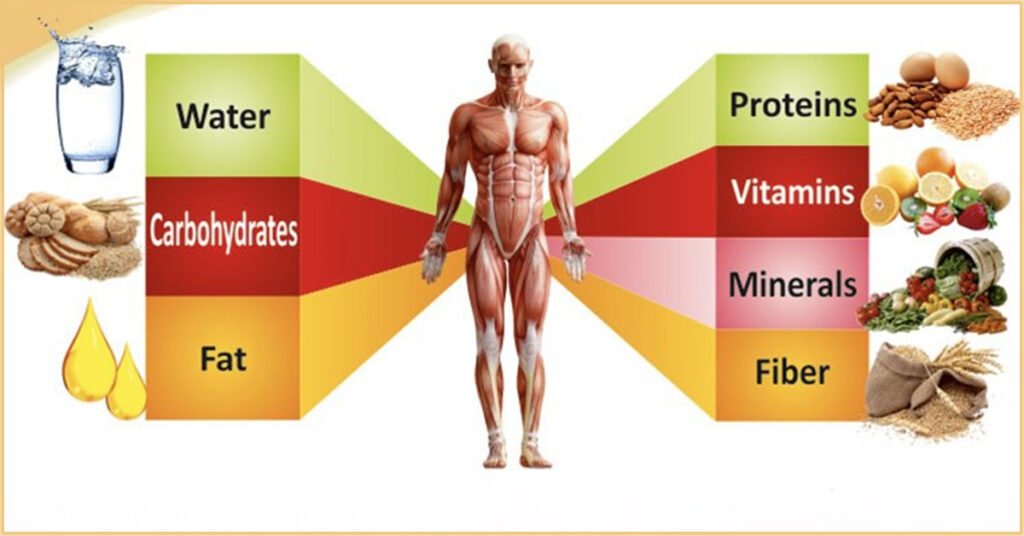
The Emotional Rollercoaster That Hit Me Like a Solid Snowball
Once I sorted out the nutrient side of things, I thought the hardest part was over. Now it’s going to be a smooth ride from here.
But I was wrong.
In the middle of figuring out supplements, labels, and meal planning, I missed one big thing—food isn’t just fuel. We don’t always eat because we’re hungry. We eat because we’re stressed. We eat for comfort, for celebration, and for nostalgia. And suddenly, all my go-to comfort foods were off-limits. It was this time when I realised mac and cheese can’t be my emotional support system now.
That shift hit me harder than I expected. I found myself emotionally drained. Food had always been a coping tool for me, and without it, I felt exposed. Vulnerable. I started to notice old patterns creeping back in: binge, restrict, guilt… repeat. It was like food became a battlefield all over again.
I ran back to my dietitian, desperate to find a balance. Together, we worked on a routine that included emotional nourishment, too—a way to create vegan comfort food that still felt like “home.” I even started reading up on the psychology behind comfort eating—books, articles, research papers—to understand why cravings hit so hard and how to ease that emotional dependency.
And slowly, things changed.
This phase taught me a lot, especially about people who struggle with eating disorders. For the first time, I truly understood how helpless and trapped someone might feel in that cycle. That awareness gave me a deeper sense of empathy and compassion.
More importantly, it helped me rebuild a new relationship with food.
Food stopped being about control. It became about connection—to animals, to the planet, to my own values, and most importantly, to myself.
What Changed in My Social Life and Lifestyle
Changing my diet didn’t just shift what was on my plate—it reshaped my entire social world. Sometimes in beautiful ways, sometimes in deeply challenging ones.
Some friends were curious and supportive. Others were sceptical or dismissive. But the most surprising reaction came from my parents. Out of nowhere, they asked if I was struggling with body image or dysmorphia.
Coming from a generation that rarely talks about mental health, this hit hard. They had heard about links between restrictive diets and eating disorders. At first, I felt defensive. But then I listened. And they had a point.
Veganism, like any restrictive diet, can sometimes mask disordered eating—especially when the intention isn’t rooted in balance. I reassured them this wasn’t about control or weight loss. It was about aligning with my values—caring for animals, the planet, and my own health. I shared my efforts: research, supplements, dietitian visits, and the conscious work I was doing to stay nourished in every sense.
Over time, they understood. They saw that veganism wasn’t hurting me—it was helping me heal and rebuild a better relationship with food. One based on compassion, not guilt.
But it wasn’t always easy. Eating out became frustrating—limited options, awkward questions. Finding vegan shoes, makeup, or even clothes that matched my style? A real challenge. I withdrew socially at first. Then found comfort in smaller gatherings, home-cooked meals, and eventually, in new vegan communities who truly got it.
What started as a food choice evolved into a lifestyle shift. It forced me to grow, rethink how I engage with the world, and reshape my identity in the most unexpected ways.
And honestly? I wouldn’t change a thing.
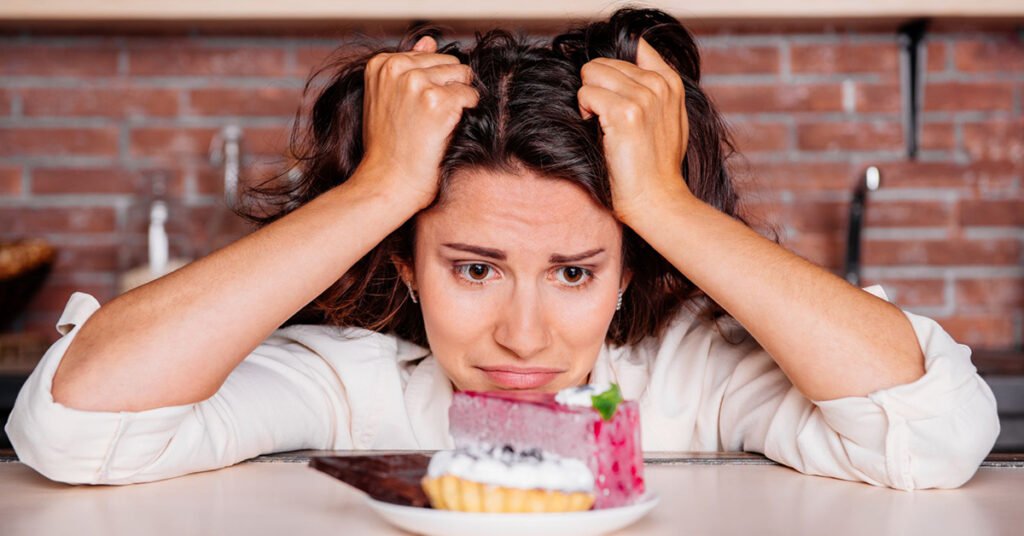
The Learnings and Transformation
When I first gave up animal products, I thought it would just be a diet change. Swap meat for plant-based tofu. Say goodbye to cheese. Done, right?
But veganism didn’t just change what was on my plate—it changed who I am.
Becoming a Compassionate Person
Before I went vegan, I didn’t think much about what animals go through—not just on farms, but in entertainment and tourism too. It’s not like I was a cruel person before who used to hurt animals; in fact, I knew I didn’t like certain things that were happening. But the issue was that I never questioned things like circuses, dolphin shows, or animals kept in zoos. It just didn’t cross my mind. But now? I can’t unsee it.
These days, I intentionally avoid any events, attractions, or shows that involve animals being used or exploited. I don’t visit zoos anymore. I even speak up when I see someone mistreating their pets—something I would’ve never done before.
At home, I’ve created a small garden in my backyard. I keep fresh water out for birds and squirrels and even made little shelters they can use when it rains. It’s a small gesture, but it feels good to give back in whatever way I can.
Travel has changed for me, too. When I visit new places, I’m more conscious about my footprint. I make an effort to clean up after myself and reduce plastic use. I avoid interfering with wildlife for the sake of a selfie or social media post—I admire animals from a respectful distance.
It’s safe to say that veganism turned me into a bit of an environmentalist. It taught me that compassion doesn’t stop with what’s on your plate—it extends to how you travel, how you treat other living beings, and how you walk through the world.
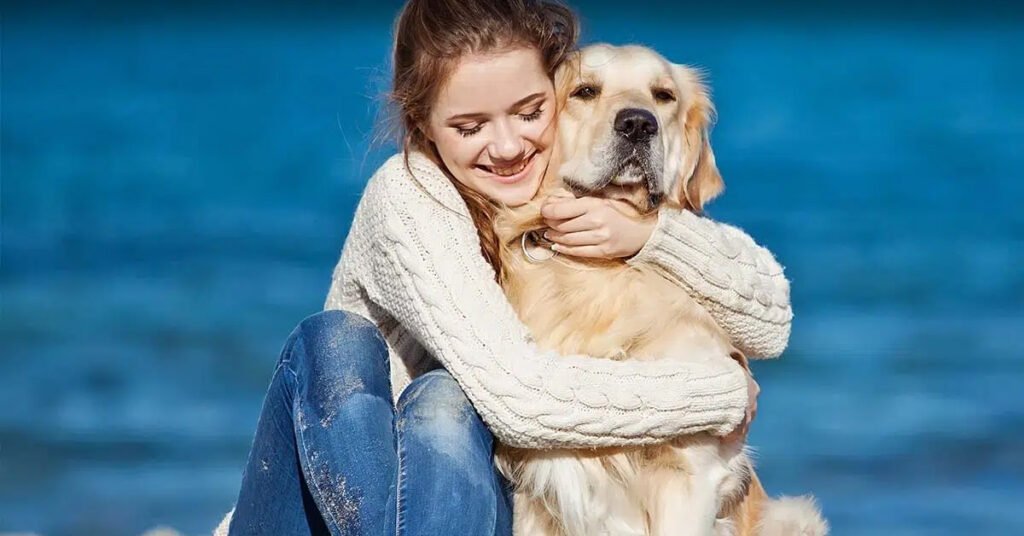
A Spiritual Awakening
As mentioned earlier, I became vocal and more aware of animal cruelty and their life in the wild and in captivity. It gives a broader perspective on life and kindness. Veganism helps me find mental peace knowing that what I am doing or eating is not causing harm to anyone. It helped me live guilt-free and become more mindful, not just about food, but about how I show up in life. It was the start of something bigger: a spiritual awakening. I started choosing kindness and empathy, not just in diet, but in words, actions, and even thoughts.
Developing Environmental Ethical Principles
I have mentioned at the start that during my research, I got to know the impact of the overall meat industry. How much they contribute to gas emissions and climate change! This information led me to develop my personal environmental ethics. After going vegan, now I can confidently say I am doing my part as an aware citizen, instead of cribbing on social media or posting status updates. I am actually doing something in real life. And I know my efforts alone are not enough, but that does not stop me from being optimistic.
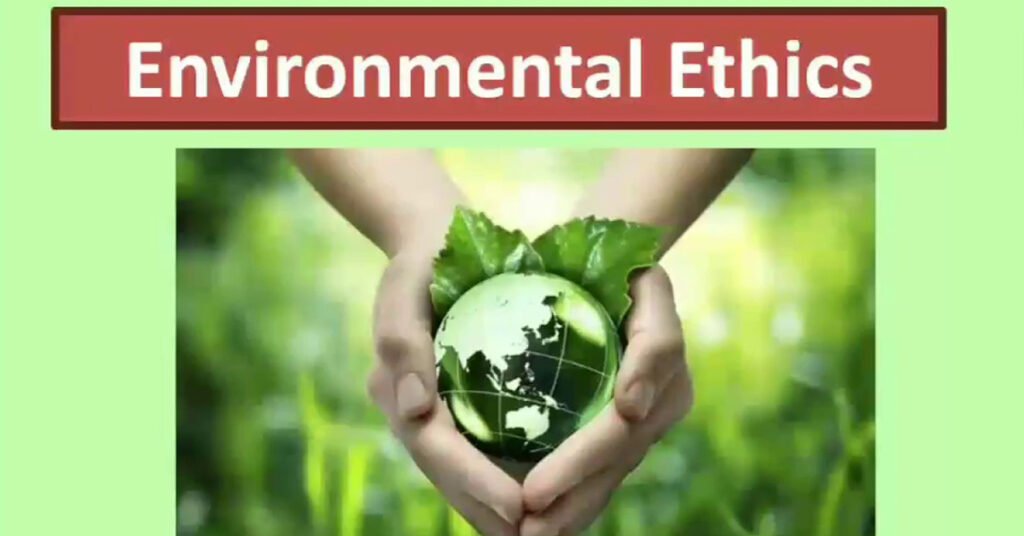
Final Words
As my parting words, I wanted to say that I am not quite there yet; it’s like a work in progress. But I am consistently working, and I will reach my goal one day.
For all those people who want to go vegan, do not go for it because it’s trendy or looks cool or someone told you it will help you lose weight.
Go for it when you know why! Your why has to be strong and personal; only then can you pass the initial challenges. If you’re planning to go vegan, here’s my advice: do your homework early. Build your diet with intention. Get your blood work checked, and talk to someone who knows the science behind plant-based eating.
